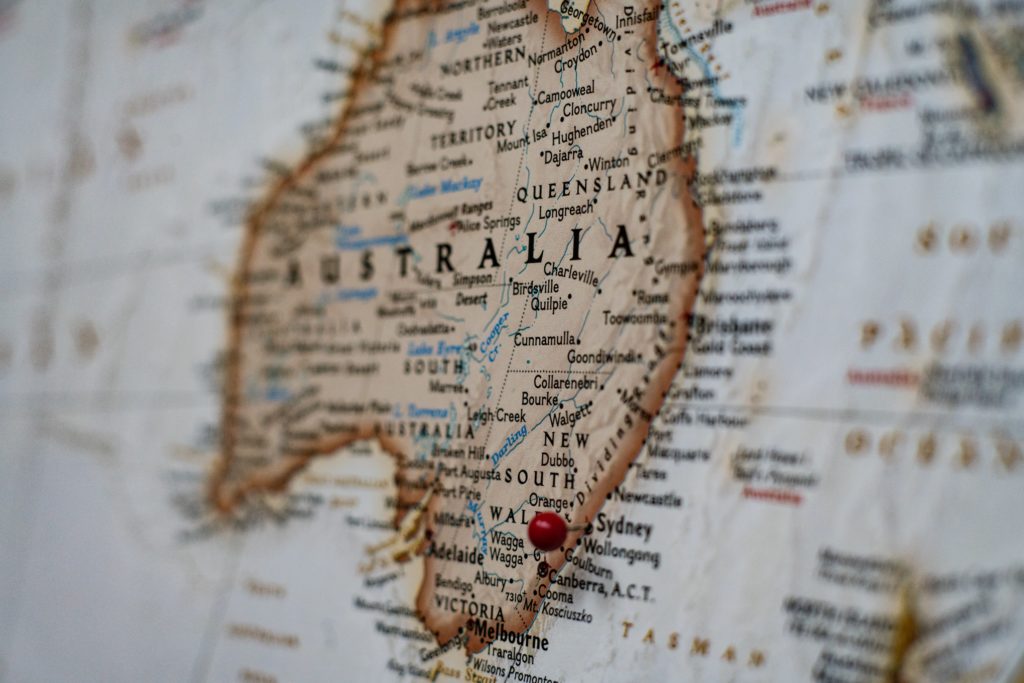The topic of euthanasia sits at the nexus of medical science, ethics, morality and human rights. As an advocate against any form of active euthanasia due to my religious beliefs, I have always found it difficult to explain my position to secularists as to why I oppose the practice. The arguments made in favour of euthanasia have a strong pathos and often infer that those who opposite are uncompassionate, cold and insensitive to the situation of the elderly or terminally ill. In reality, however, those against euthanasia simply hold concerns for the consequences these practices have on human dignity and the potential for undue influence, corruption and wrongdoing.

In my home country of Australia, there is currently major pressure on State governments, who are responsible for public health legislation, to further legalise or regulate euthanasia practices. This is a difficult topic for many because we have all seen or experienced the terminal illness or slow death of a loved one. However, the arguments that propose euthanasia as a practice which helps to protect or enhance the dignity of the individual does not reflect my understanding of the concept.
As explained throughout WYA’s advocacy on this issue, we can better help those suffering from old age or terminal illness through palliative care, psychological help and support from their loved ones and immediate medical community (Read WYA’s Assisted Suicide and Euthanasia White Paper here). The common narrative of human experience inherently involves suffering, as we all suffer throughout our lives, and it is this universal struggle which partly affords us the unique dignity from which our basic inviolable rights arise.
True compassion is helping other human beings to suffer the trials and tribulations of their lives with dignity, courage and strength as much as possible. Conversely, euthanasia and assisted suicide are practices which violate the basic human dignity from which all our fundamental human rights flow, and so we should continue to condemn the practice entirely, advocate for their strict regulation in places where it is practiced, and further explore emerging issues as they develop.
Want to take part in a WYA Asia Pacific internship? Visit bit.ly/aponlineinternship now!








